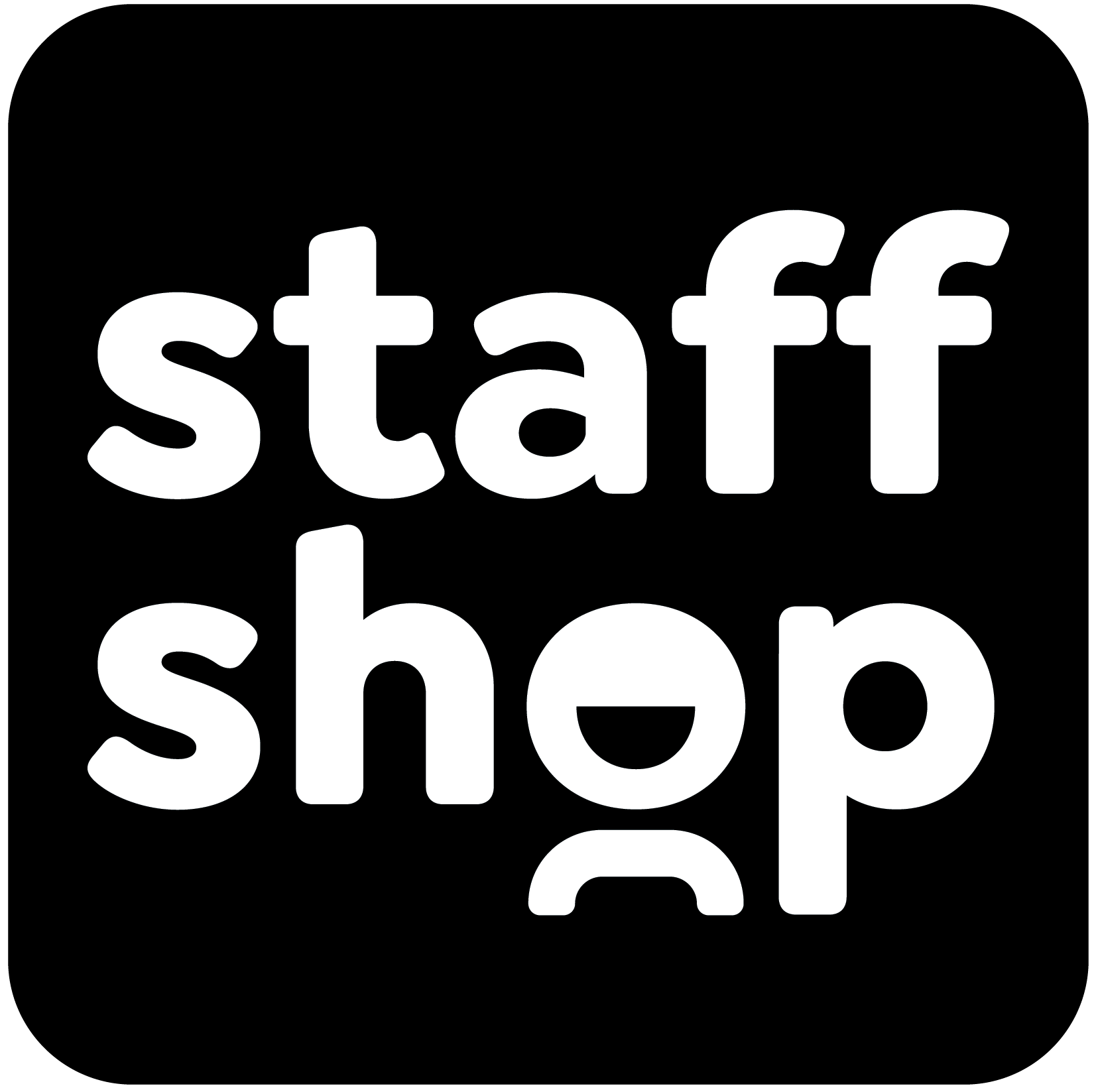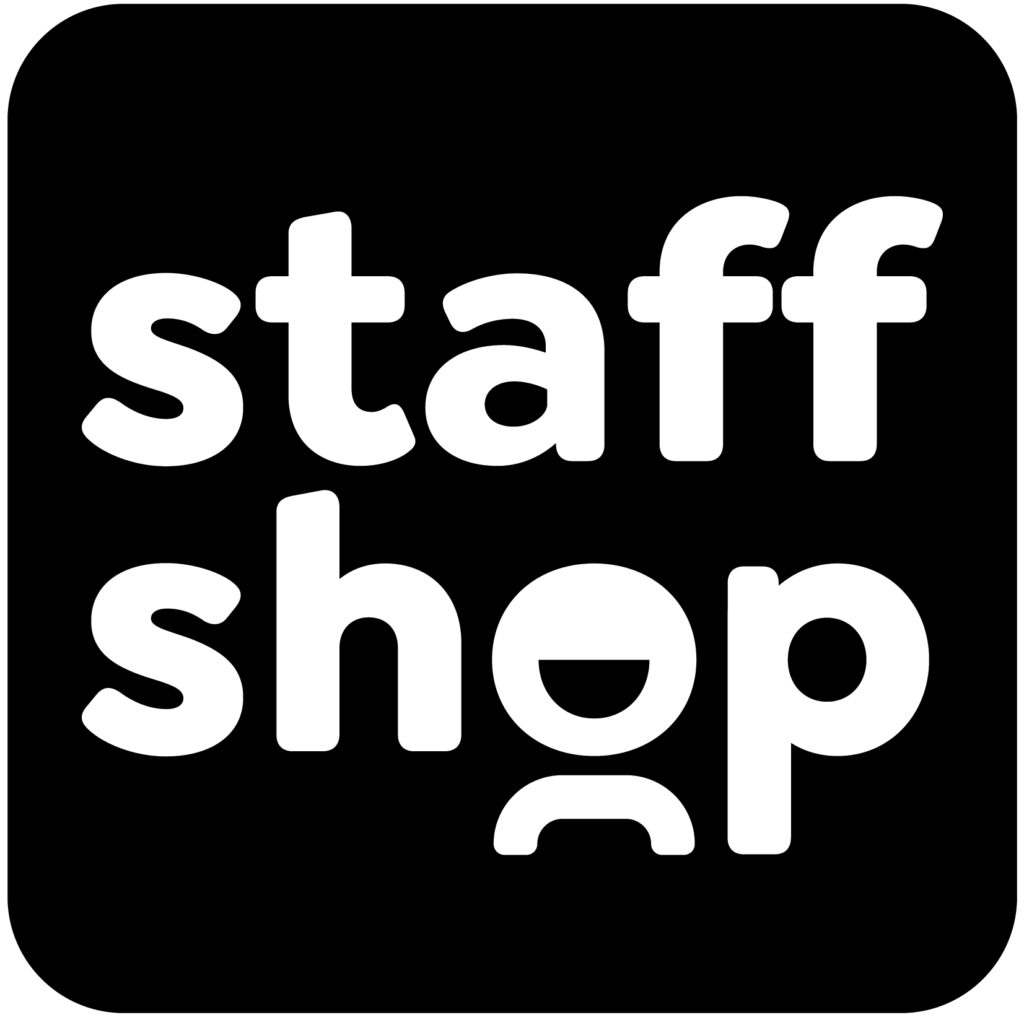“If there is to be reconciliation, first there must be truth.” — Timothy B. Tyson
September 30 is National Day for Truth and Reconciliation, also known as “Orange Shirt Day.”
Orange Shirt Day is inspired by the story of Phyllis Webstad, who was sent to a Mission School (another name for a Residential School) near Williams Lake, British Columbia. Upon arriving at the school, her own clothes were taken from her, including a cherished orange shirt, given to her by her grandmother.
The Orange shirt represents how Indigenous people are reclaiming their identities, and how allies can acknowledge the wrongs of the past and pledge to do better going forward. The Residential school system was a failed experiment, but one that traumatized generations of people. This is why we must commit ourselves to truth and reconciliation to ensure that this history does not repeat itself.
3 Ways to Honour Truth and Reconciliation
1. Educate Yourself
As we have shared before, our CEO and Founder, Jennifer Ménard-Shand, is an Indigenous woman. She is often asked to speak on the topic of Truth and Reconciliation in the workplace and Indigenous allyship. In these presentations, she often shares some facts that may surprise some.
- 1960 Indigenous Canadians were given the right to vote
- 600 First Nations out of 634 are still in poverty
- 73% First Nations (over 100+ communities) without clean water in Canada
- 50% First Nations live on reserves (3100 reserves in Canada)
- 1830-1996 – the last Residential School closed in 1996!
- 64 and below is the rank for Indigenous communities across Canada vs Canada as a whole ranking #1 for quality of life and #2 for best country in the world
- Only 10% of the 94 Truth and Reconciliation Commission of Canada’s Calls to Action have been completed
Books to Read:
- Five Little Indians by Michelle Good
- 21 Things You May Not Know about The Indian Act by Bob Joseph
- Unreconciled by Jesse Wente
- The Inconvenient Indian by Thomas King
- True Reconciliation by Jody Wilson-Raybould
Read the Truth and Reconciliation Commission’s 94 Calls to Action.
You can also read our past blogs on Indigenous topics:
- Indigenous History Month: The Power of Women’s Stories
- Indigenous Truth & Reconciliation in the Workplace
2. Get Involved
Land Acknowledgements
One way that allies can honour Indigenous peoples is through Land Acknowledgements. You may have heard these read by government officials at events before.
Jennifer and Staff Shop have our own beliefs when it comes to these. For us, it’s less about who has rights to this land we call home, but rather a pledge to not repeat the past mistakes. It’s about condemning the poor treatment of any group of people. It’s about moving forward together.
Orange Shirt Day
We know that many parents feel the pressure to ensure their child has an orange shirt to wear to school on September 30. Remember that some companies will take advantage of you and sell you an orange shirt purely for their own profit. It’s best to do your research and purchase shirts:
- Made by an Indigenous company
- That a % of the sales goes toward Indigenous causes
If you cannot purchase a special shirt, any old orange shirt you have at home will do. Remember, the purpose of the day is to educate and inspire action. It’s less about the clothes you wear. Your actions matter most.
3. Give Back

Here is a list of Registered Charities to consider donating to:
- Aboriginal Mother Centre Society
- First Nations Child and Family Caring Society of Canada
- The Gord Downie/Chanie Wenjack Foundation
- Indspire
- National Centre for Truth and Reconciliation
- Native Women’s Association of Canada
- Reconciliation Canada
- Victim Services Toronto
Hire our Indigenous Founder & CEO Jennifer Ménard-Shand as a Speaker
Visit www.jmenardshand.com or her Speakers Spotlight profile to learn more about how you can book Jennifer to speak on the topic of Indigenous Truth and Reconciliation.
As always, you can Join Us or Hire Us. We are a certified diverse supplier, recognized by several organizations, including:
- Canadian Aboriginal and Minority Supplier Council (CAMSC – representing Aboriginal and visible minority-owned businesses)
- Canadian Council for Aboriginal Business (CCAB) – Certifies Aboriginal-owned businesses and connects Indigenous and non-indigenous communities
- Women Business Enterprises Canada Council (WBE Canada – representing women-owned businesses)
- WeConnect International (Women Owned) – a global network that connects women-owned businesses to qualified buyers internationally




